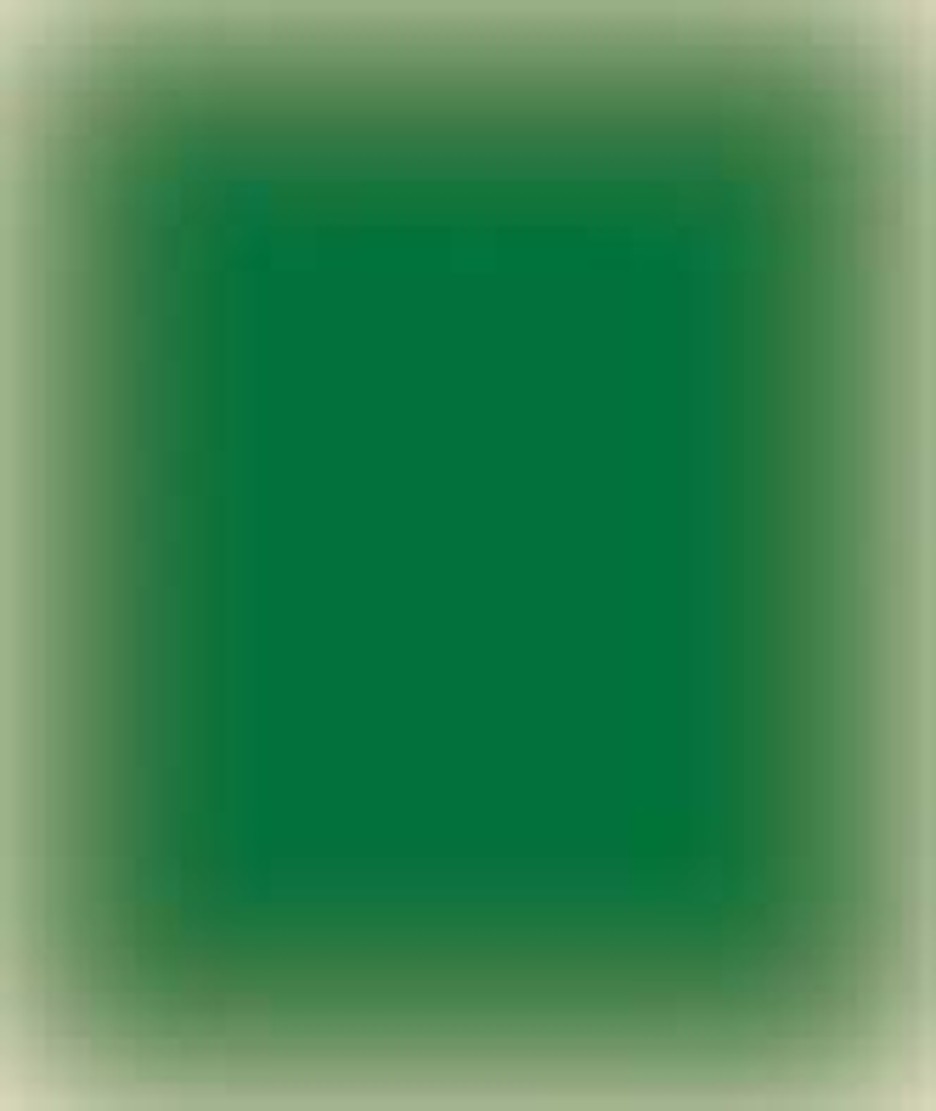
One of the most heroic acts of the twentieth century reached its conclusion on this day, August 14, 1941. That is when the Franciscan friar, Maximilian Kolbe, lifted up his arm to receive a lethal injection of carbolic acid.
Two weeks earlier, a prisoner had escaped from Auschwitz. The camp's rule was that if one prisoner escaped, ten died in his place. All day the weak and underfed men from the escaped prisoner's block were made to stand in the sun without food and water. When the man was not found, a prison guard called out the names of ten men who were to die in his place.
When Sergeant Francis Gajowniczek heard his name called, he cried out, "Have mercy! I have a wife and children." But mercy was a commodity in short supply in Nazi death camps.
Into the gap stepped Maximilian Kolbe. He moved forward silently. Asked what he wanted, he replied, "I am a Catholic priest from Poland; I would like to take his place, because he has a wife and children." Hesitating a moment in face of this noble gesture, Commandant Fritsch accepted the replacement. Maximilian and nine others were sent to starve to death.
During those two weeks, Maximilian led the victims in hymns and prayer. When he became too weak to speak aloud, he whispered his prayers. After two weeks, only four of the ten were still alive. Maximilian alone was completely conscious. The guards needed the space for more prisoners and decided to hasten the deaths with lethal doses of carbolic acid. Maximilian was last. Weak though he was, he raised his arm to receive the injection, triumphantly embracing martyrdom. We know some of these details, because the guard who kept the records was so impressed during Maximilian's two-week ordeal that he logged more detail than was required.
Such martyrs do not just happen by chance. Maximilian was born as Raymond Kolbe. Although a wild boy as a youth, he was moved by the prayers and pleas of his mother. One day when he was twelve, as he prayed before a statue of Mary he saw her in a vision; she offered him two crowns: a white one for purity and red for martyrdom. Told to choose between them, he asked for both. He became a Franciscan friar and took the name Maximilian.
His life was devoted to Mary. He founded an order which used the means of mass communication, including radio and a widely circulated newspaper and magazine, to spread truth. "No one in the world can change Truth," he said. "What we can do and should do is to seek truth and to serve it when we have found it. The real conflict is the inner conflict. Beyond armies of occupation and the hecatombs of extermination camps, there are two irreconcilable enemies in the depth of every soul: good and evil, sin and love. And what use are the victories on the battlefield if we ourselves are defeated in our innermost personal selves?" Indifference toward the things of God was the deadliest enemy of any soul. He aimed to defeat this.
In prison, he often went without food so others might have more and insisted on being the last in his unit to receive medical treatment. His attitude was expressed in his words, "For Jesus Christ I am prepared to suffer still more." Pope John Paul II canonized Maximilian in 1982, saying, "He bore witness to Christ and to love."
Bibliography:
- Dewar, Diana. All for Christ. New York: Oxford University Press, 1980.
- "Maximilian Kolbe." Catholic Community Forum. https://www.catholic-forum.com/saints/saintm01.htm
- Pope John Paul II. "Homily at the Canonization of St. Maximilian Mary Kolbe." https://www.theworkofgod.org/JonhPll/ Popteach/MaxKolbe.htm
- "St. Max Kolbe." https://www.kolbenet.com/kolbe/.
- Various internet articles.
Last updated July, 2007



